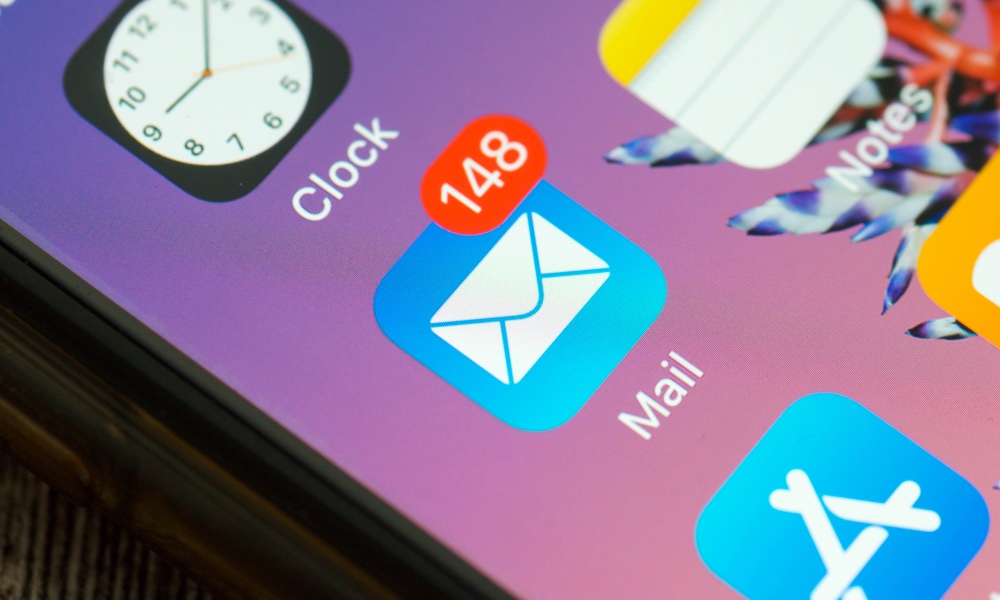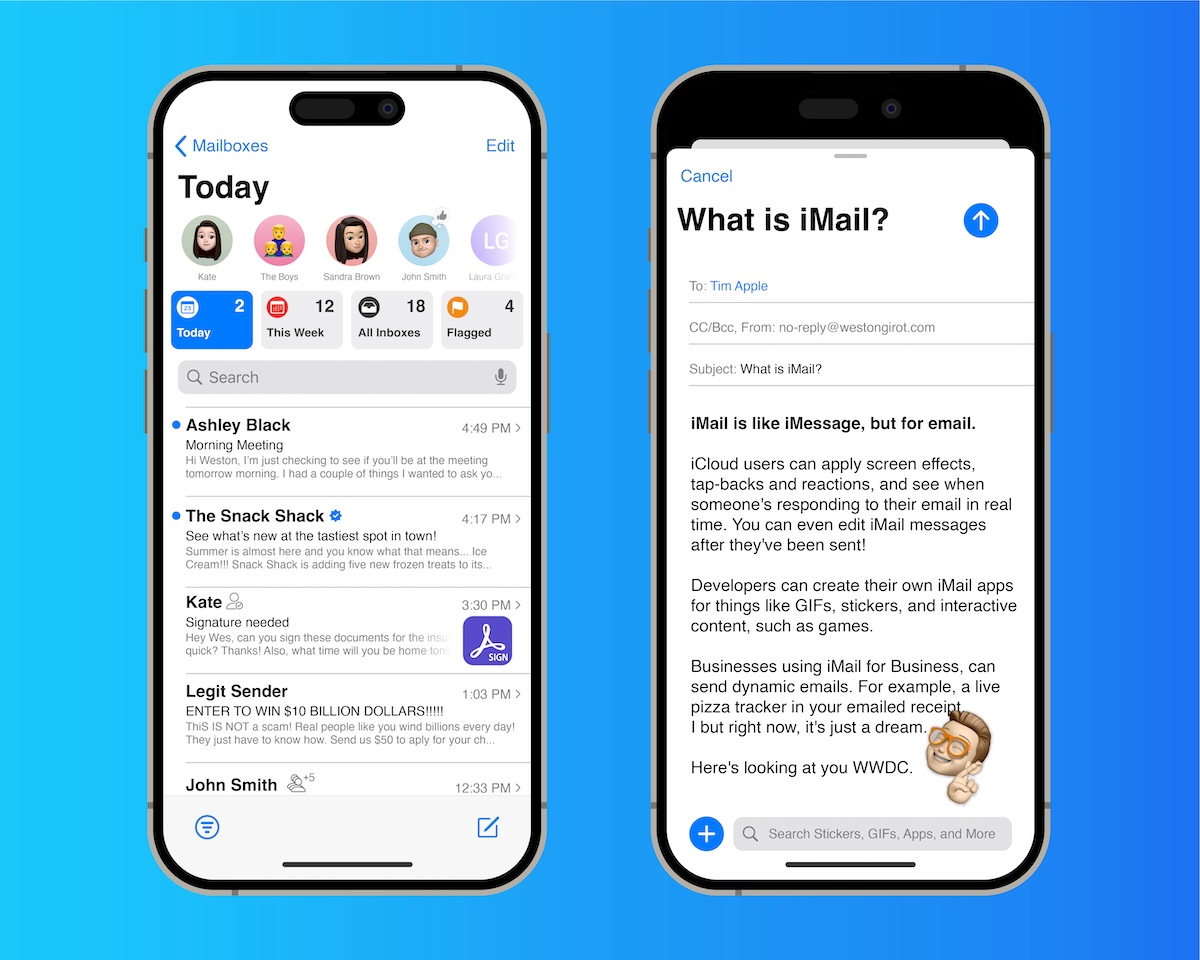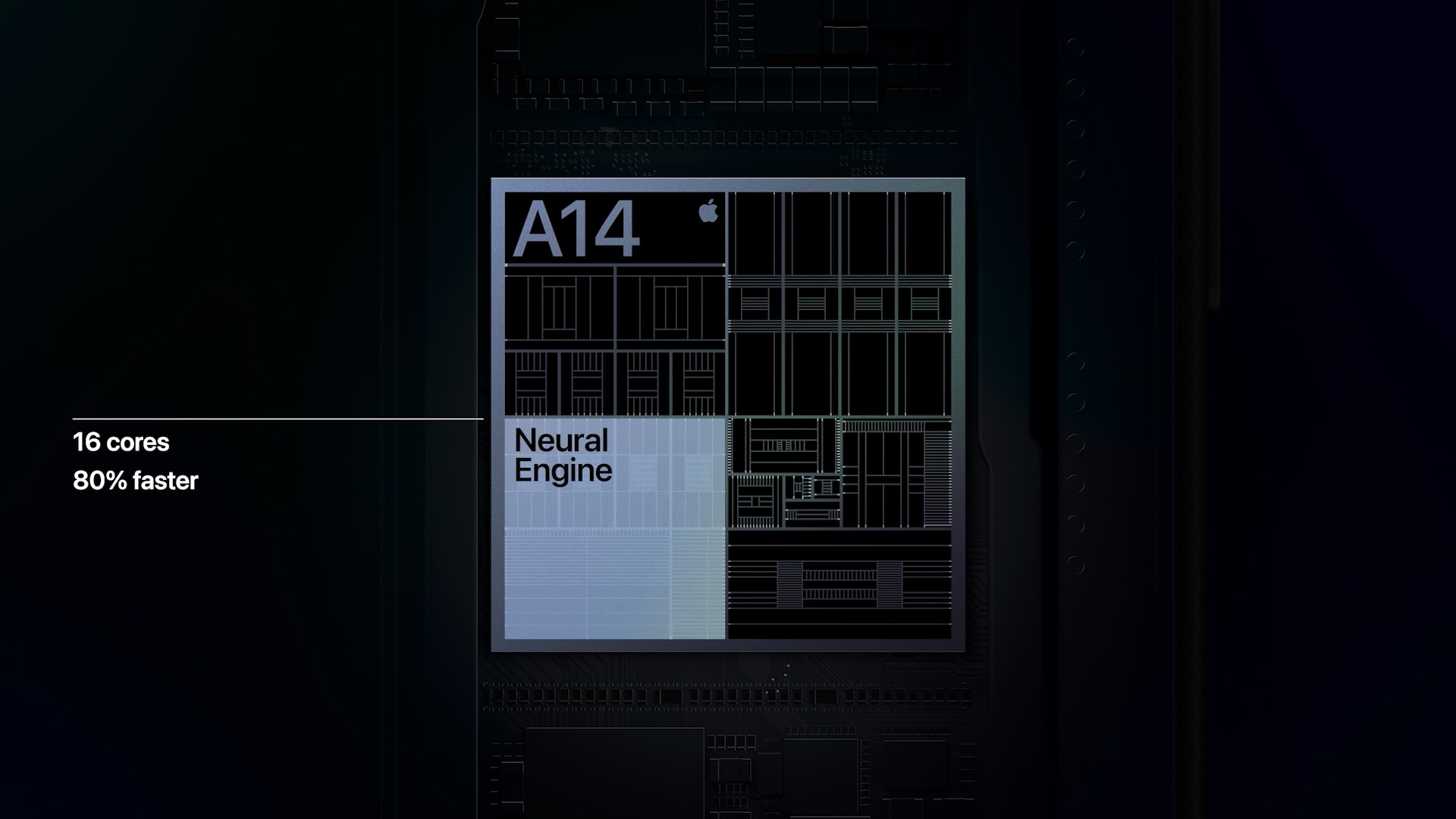Apple Mail To Get a ‘Massive Upgrade’ in iOS 18
 Credit: hilalabdullah / Shutterstock
Credit: hilalabdullah / Shutterstock
Toggle Dark Mode
Over the past few weeks, we’ve heard numerous predictions about generative AI features coming to iOS 18, including a much-improved Siri, voice transcriptions in Apple Notes, editing enhancements in Apple Photos, and even AI-built playlists in Apple Music. However, one app we haven’t heard anything about is Apple Mail.
Fortunately, Apple won’t be leaving that one behind. The company has big plans for its core mail client, with AI improvements that are serious enough to get their own codename.
According to AppleInsider, Apple Mail is expected to get a “massive AI upgrade” as part of an initiative known internally as “Project BlackPearl.” This will include enhanced search results that extend into other areas of your iPhone, intelligent categorization of emails, and AI-generated Smart Replies.
AppleInsider’s sources reveal that a pre-release version of iOS 18 being tested internally already includes the ability to provide search results inside Mail that will include information from the Contacts app, documents in the Files app, and location information.
Perhaps unsurprisingly, Apple Mail will also participate in the Smart Reply feature that we’ve already heard about for Apple’s Messages app. This will allow folks to dash off quick replies to emails, particularly for routine things like setting up meetings and responding to inquiries.

Smart Replies would be used to compose boilerplate messages, but there’s evidence that Apple also plans to allow it to help polish up what users write themselves, such as giving an email a more professional tone.
This would also likely be baked into Siri, allowing for more natural dictation of messages without the precision necessary today. Siri could read back a message and provide suggestions for improvements, much like a real-world assistant would.

While those improvements will likely extend beyond Apple Mail, one unique feature coming to the company’s email app will be intelligent categorization of incoming emails based on machine learning analysis of their content. Apple Mail already has a rudimentary feature that can suggest folders when moving messages. However, this relatively simple algorithm merely tracks previous moves and existing folder content, looking primarily at addresses and subject lines.
A full-on AI implementation would go much farther, helping to classify emails like newsletters, promotions, social feeds, and receipts regardless of whether they matched previous messages. The new Apple Mail would also be able to identify time-sensitive emails, perhaps flagging them in some way or even allowing users to have intelligent notifications that go beyond the static VIP list, thread, and folder notifications that are available today.
This will likely be tied to Siri’s ability to provide concise summaries of incoming emails rather than just reading them word-for-word. According to AppleInsider, Apple has tested different levels of summarization, from very brief three-word synopses to three-sentence paragraphs. It’s expected to use appropriate levels depending on the content being summarized.
In practical terms, this could allow Siri to recognize when an important email message arrives and provide a concise summary to let you know what it’s about and why it’s time-sensitive, all without the need for you to identify specific senders or set up complex rules.
Unlike some of Apple’s more ambitious AI projects, these improvements are expected to be powered entirely by Apple’s on-device Ajax Large Language Model (LLM), which will avoid the need for any information to be sent to cloud servers — even Apple’s own.
Recent reports have suggested that Apple’s Ajax LLM will only be capable of running on the iPhone 15 Pro or later models, as they require 8GB of RAM and the powers of the A17 Pro chip. That could result in older devices being left out, at least for on-device processing; however, Apple may instead resort to cloud-based processing for those iPhones that can still run iOS 18 but aren’t powerful enough to handle its generative AI features.
That said, there are so many different AI features expected in iOS 18 that the lines may be getting blurred between what can be done on-device and what will need to be sent off to cloud servers. While full-on chatbots like ChatGPT almost certainly have higher RAM and CPU requirements — they may even be too much for today’s A17 Pro chips to handle — Apple has been building powerful machine learning capabilities into its A-series chips since the 2018 A12 Bionic — the first chip to get an eight-core Neural Engine. This older chip already powers basic on-device Siri tasks and other machine-learning features like Personal Voice, Live Voicemail, and face and object recognition in photos.
It’s also worth noting that Apple debuted its first 16-core Neural Engine in the 2020 A14 Bionic chip, which came along just before the M1 chip ushered in the era of Apple silicon Macs. The A14 Bionic is why an iPhone 12 or later is required to support iOS 17 features like FaceTIme gestures, inline typing predictions, and enhanced autocorrect, which uses what Apple calls “a state-of-the-art on-device machine learning language model for word prediction.”
The A14 and M1 chips were both touted as capable of handling 11 trillion operations per second, which should put them on par for generative AI processing power, so most things that will be supported on an M1 MacBook should be achievable on an iPhone 12 or later, as long as they’re not too memory-hungry since the iPhone models that included the A14 Bionic had less RAM than the Macs of that era.
[The information provided in this article has NOT been confirmed by Apple and may be speculation. Provided details may not be factual. Take all rumors, tech or otherwise, with a grain of salt.]










